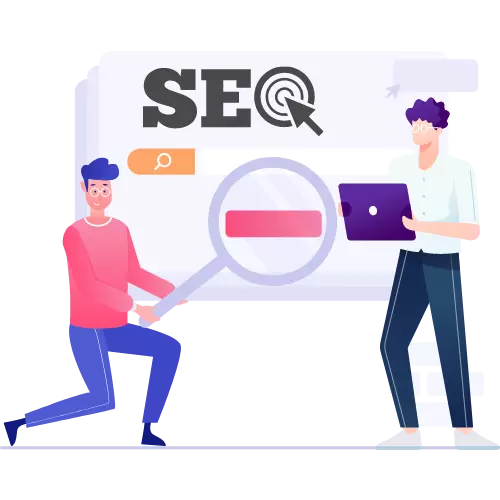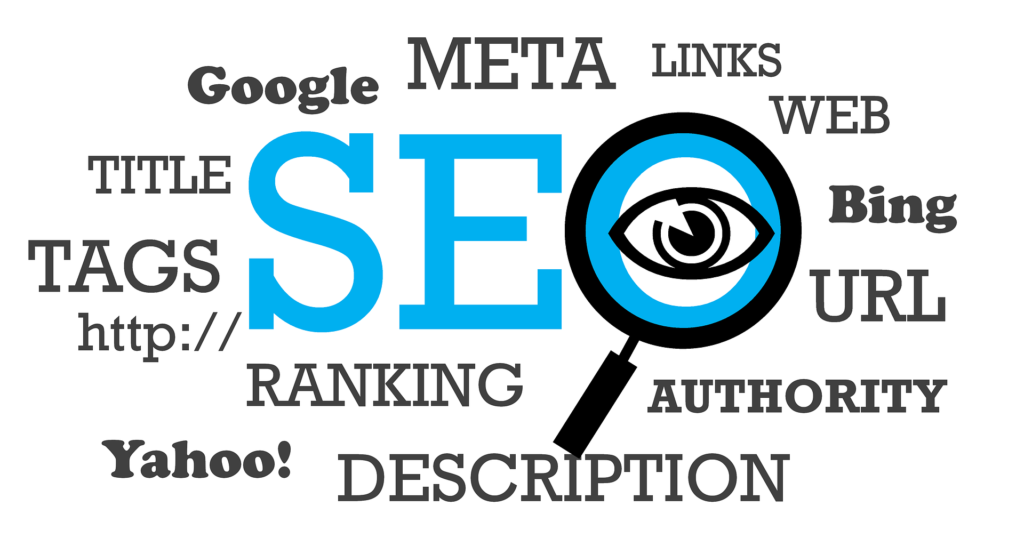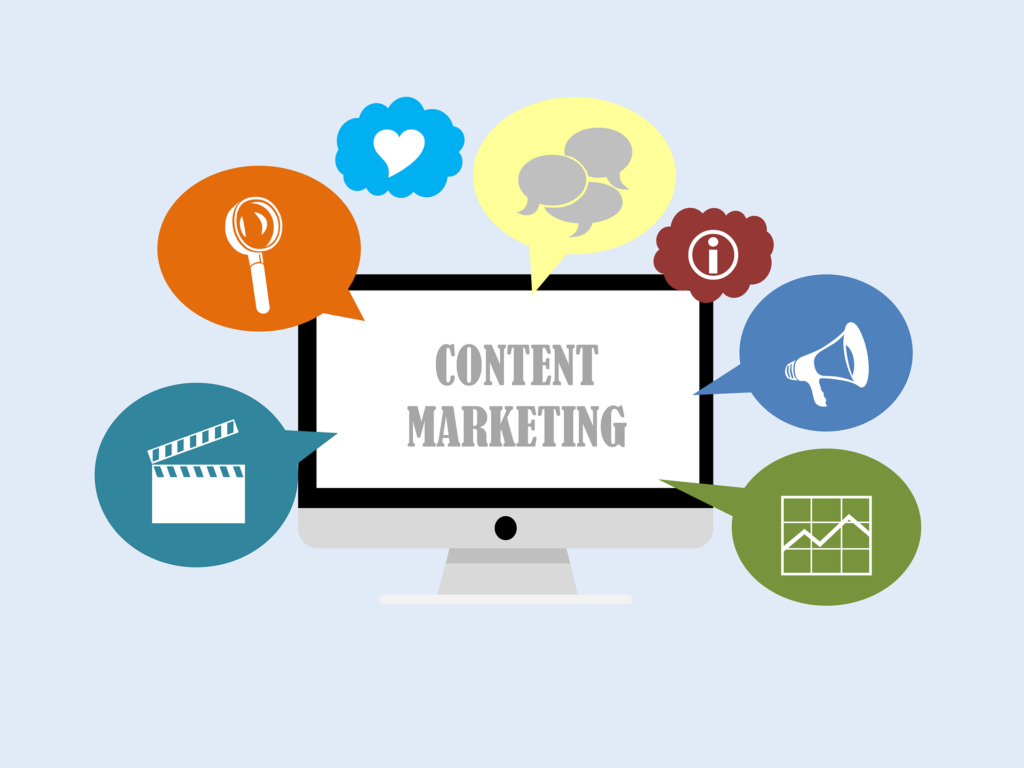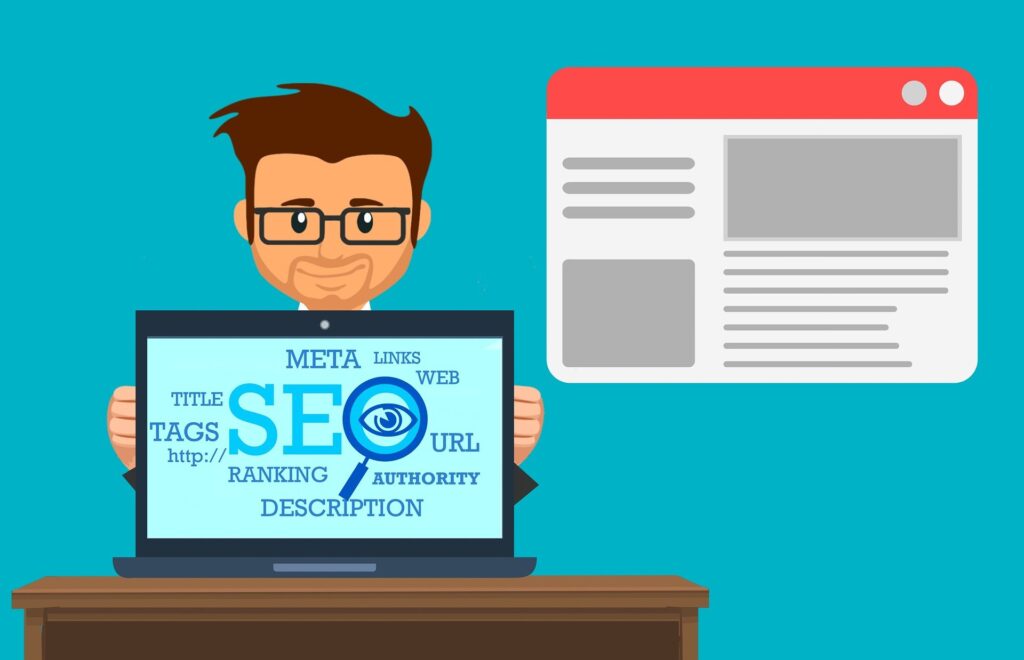Important Points on-page SEO Optimization
1.Google’s organic search algorithm incorporates many different features of the on-page SEO optimization
2. On-page SEO optimization, combined with high-quality content, is a solid formula for successful live searches.
3. SEO on the page goes much better than keywords and covers everything from titles to title
tags, structured data, optimization, and more.

SEO is important for search engine optimization (SEO)
because it helps Google understand what each piece of content on your website is about.
If Google understands your content better, you will reach a higher level of search, which means live traffic, conversions, and revenue. Even better, SEO on the page improves user experience if you do it right

Onpage optimization
On-page SEO (or on-site SEO) is the process of making web pages ranked higher in search engines for specific keywords in order to increase organic traffic. It involves aligning page-level features such as title tags, titles, and content as well as the search purpose with a specific set of keywords.
Professional SEO is compared to on-page SEO optimization
Some SEOs use the terms “SEO page” and SEO SEO interchangeably. But I like to keep them separate. In my opinion, SEO SEO deals with things like page speed and site speed, duplicate content, site layout, crawling, and targeting. In other words, technology development is focused on your entire website, while page layouts are focused on specific URLs.

Why is on-page SEO optimization so important?
Google is constantly changing its search algorithm. In 2021, it conducted 800,000 tests and updated the search algorithm more than 5,000 times.
And yet, despite its steady progress, it is not perfect. Google still needs help understanding new content. This is where search engine optimization (SEO) optimization comes into play.
Fortunately, the SEO strategy on the page is not as difficult as some people think. The fact is, there are just a few things you need to worry about. Your priority should be to create a unique user experience, not just in addition to improving the content of bots.
So with that in mind, let’s take a look at the best SEO practices on the page. You can also download our 41-point SEO page and download the list below! URLs help with on-page SEO optimization.
How do you prepare your URLs?
Enter a keyword: Enter your keyword in your URL to help search engines and users understand the page content.
Use real words: Use real words in your URL instead of the numbers and letters that other content management systems pull out.
Keep it short: Keep your URL structure short and easy for search engines to understand. Also, Google often displays URLs in search results. If a URL of a page is a long series of random letters and numbers, that does not help users understand your page. The more they understand your page, the more likely they are to click on a search result.
Use links between words: Links make URLs more readable. For example, if the page is about coffee bean grinders, use the URL www.yourcompany.com/coffee-bean-grinders.Avoid Time IDs: If possible, avoid inserting time IDs into your URLs, as they generate a lot of URLs on the same page. Google recommends that you use cookies in the original company instead.
Title tags and meta descriptions
Meta tags are one of the most important elements of an SEO page, especially page titles. Each page has a title tag that appears in the search results as a title. A Meta description is a short summary of a page that appears under a heading in search results.
Both the title and the description of the meta play an important role in whether a person actually clicks through a list of search results. If both the title and description of the meta are improved, it increases the click-through rate (CTR) indicating that you are getting more traffic
Unfortunately, Google updated its handling of title tags in August 2021. After reviewing, Google may rewrite the page titles based on other features on the page, including headers and even anchor text from incoming links. Although this change does not affect the suspension, it can have a significant impact on CTR if the new topic is not good.

On-page SEO optimization on the meta tags page
The first step in your SEO page analysis should be to look at your title and meta description. Follow these steps:
Put your keyword next to the beginning of the topic.
Keep the title 55 or 60 characters long so you do not interrupt your search results.
Avoid all caps on your title tags
Give each page a different title so Google doesn’t think you have duplicate pages
Write clear, compelling articles that users will want to click on
Enter your keyword in your meta description. When someone searches for that keyword, Google will simply highlight it in the search results
Keep the description of the meter at 155 characters
Create your own meta description to better describe the page. Treat it like an ad and a calculator, so people are forced to click.
